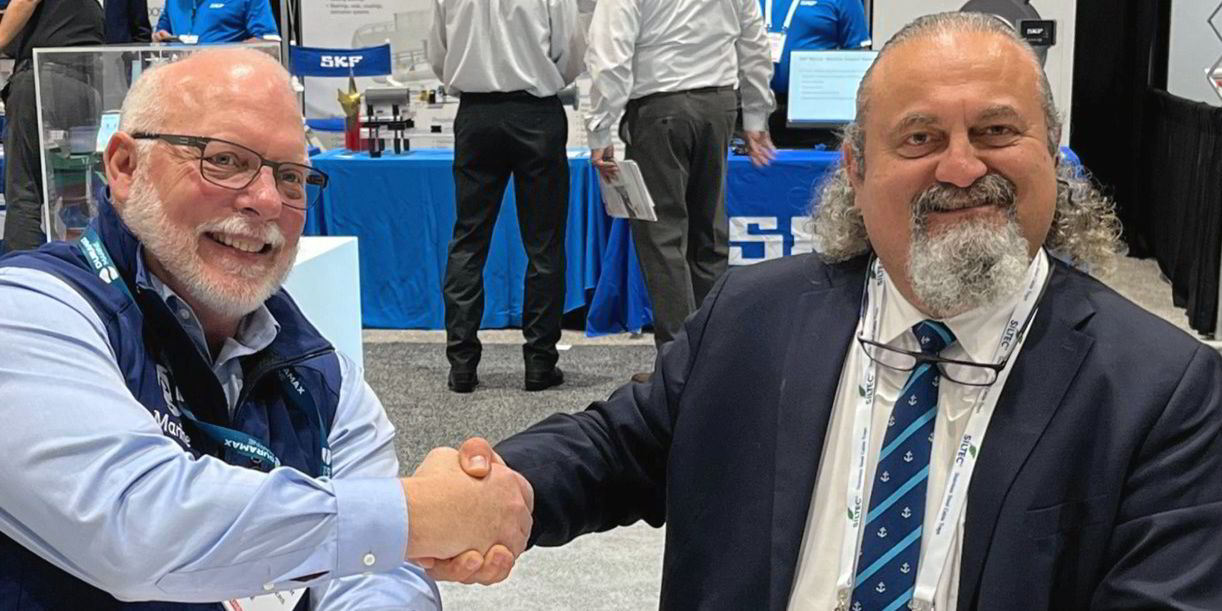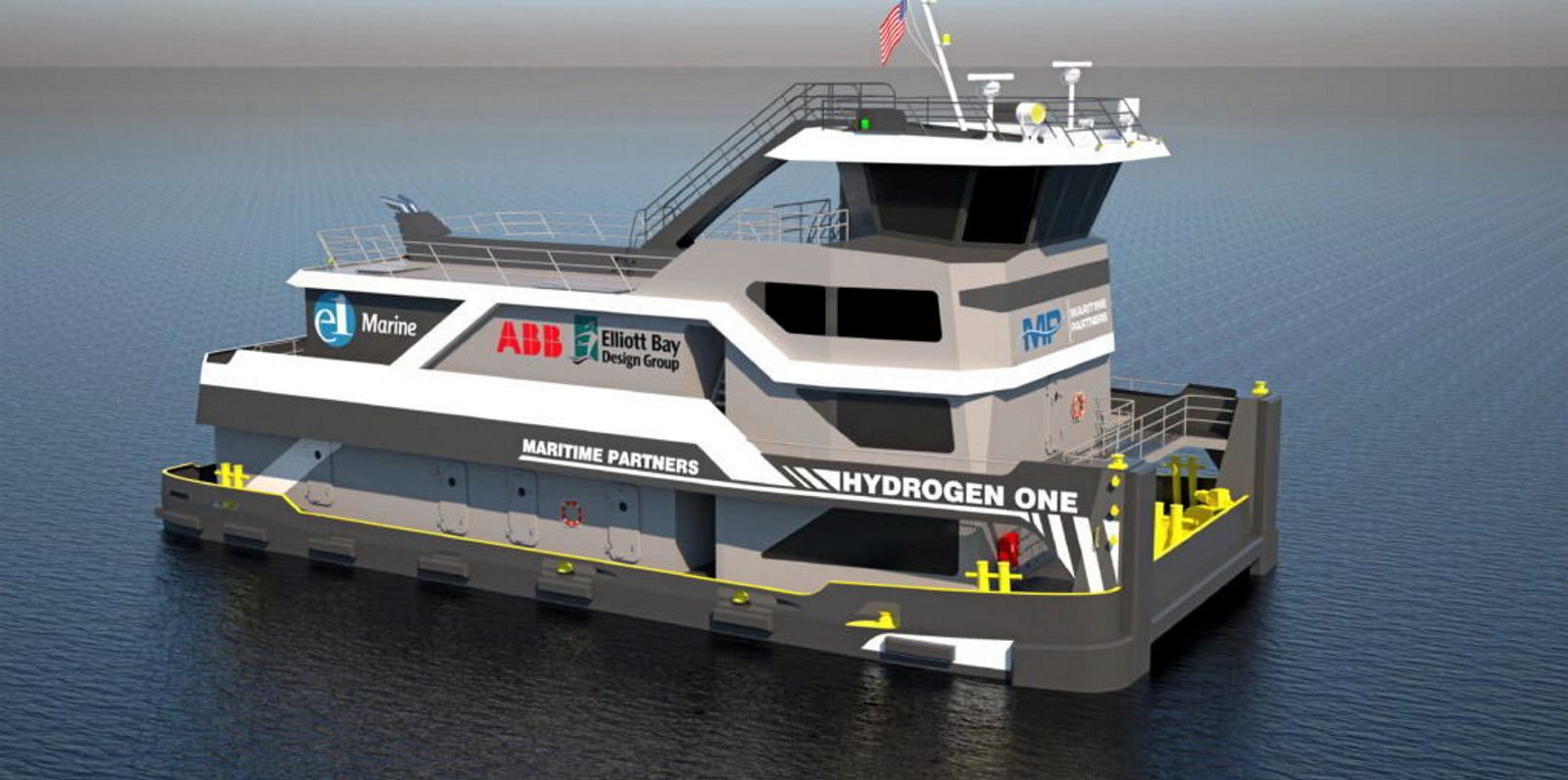Ardmore Shipping-backed renewable energy company e1 Marine is teaming up with naval design and engineering specialist Navtek to develop hydrogen-powered vessels.
Initially, the two sides are eyeing the European car carrier and tug market.
The idea is to incorporate e1’s methanol-to-hydrogen generator technology with proton-exchange membrane fuel cell power solutions.
The first project will be to design a 120- to 160-metre-long hydrogen-powered car carrier that requires 8 MW to 10 MW of propulsion, with the focus then shifting to a methanol fuel cell-powered hybrid tugboat.
Navtek will be responsible for the naval architecture and overall vessel design, as well as the electrical propulsion system design.
It will also manage the power system and controls integration, as well as the ship assembly and construction.
The company, which has experience in tankers, tugs and pilot boats, among others, is part of Kiran Holding in Turkey.
Spearheading innovation
General manager Ferhat Acuner said Navtek is spearheading innovation to create the next generation of ship designs that can seamlessly reduce total emissions.
“Our agreement with e1 Marine is the latest in a series of collaborations that brings together specialist technologies and expertise to meet the diverse needs of fleets and port operations in their journeys to reach a zero-emissions future,” he added.
Robert Schluter, e1’s managing director, said collaboration is key to decarbonising shipping.
“This partnership with Navtek will enable us to combine our expertise and open up opportunities for car carriers and tow boats to accelerate the decarbonisation process,” he said.
e1 has created hydrogen generator technology that converts methanol to hydrogen while a ship is in operation. This cuts carbon emissions when combined with fuel cell equipment.
It is a joint venture between Ardmore, clean energy technology developer Element 1 and financing solutions and newbuilding contract support specialist Maritime Partners.
The e1 Marine system produces zero particulates, zero NOx and SOx emissions and 30% to 50% less CO2 than a conventional diesel generator, the company claims.





